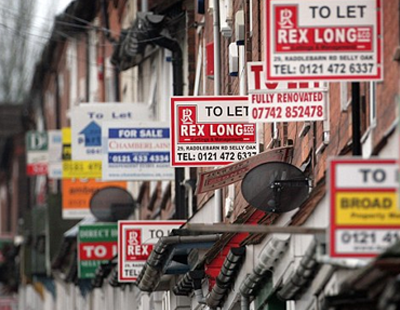Foreign buyers from the United States have been benefitting from a weakening pound to the greatest extent, the latest research by Alliance Fund, the end-to-end real estate fund reveals, with the average home now costing them -14% less across the UK and -16.5% in London.
Chief executive officer of Alliance Fund, Iain Crawford, commented: “The current forecast for the UK property market may be starting to worry the nation’s homeowners, but one person's loss is another person’s gain, particularly when it comes to the fluctuating value of bricks and mortar.
“However, while opportunistic domestic investors are still waiting in the wings as house prices climb ever higher, a weakening pound has presented a great opportunity for many foreign buyers, who are now considerably better off when buying compared to the start of the year.”
“With the government’s latest economic interventions doing little to reverse the declining strength of sterling, buyers from the US, UAE and Hong Kong, in particular, are set to keep on saving when it comes to a UK property purchase.”
Crawford concluded: “This should help further bolster a rejuvenated level of foreign demand following pandemic restrictions. However, this activity is likely to be concentrated within specific areas, such as prime central London, and so it will do little to help negate the uncertainty that is currently hanging over the wider UK market.”
The study examined the average cost of property covering both the UK and London, as well as how this cost has changed since the start of the year. Alliance Fund then looked at what this cost translated to in the currency of 10 of the most prominent foreign home-buying nations and how they have benefited from a weakening pound when it comes to property affordability within the current UK market.
Buying power, in the hands of outsiders
The research shows that, within the UK market, it’s buyers from the United States who have experienced the biggest boost to their property purchasing potential.
Back in January of this year, the average UK house price of £272,833 equated to $369,825 US dollars at a rate of 1.36 USD to the pound. Fast forward to today, and the average UK house price has climbed by 7.1% to £292,118. However, with a weak pound now commanding just 1.08 dollars, the average UK home is now worth $314,932.
This means that US buyers in today’s market are comfortably securing themselves a -14.8% discount on the average price of a UK home.
Across London, house prices have increased by 4.9% so far this year, yet despite this, U.S. buyers are now paying -16.5% less than they were at the start of the year.
Homebuyers from the UAE are also considerably better off when purchasing UK property, with the average UK home now -14.5% more affordable due to the weakened pound, while in London this discount sits at -16.2%.
Hong Kong homebuyers are also able to get a good slice of the cake; paying -13.9% less for the average UK home in their native currency and -15.6% less in London versus the start of the year, with buyers from Singapore also seeing a significant boost to property affordability as a result of the weaker pound at -9.5% and -11.3% respectively.
Consequentially, as a result of the declining value of the pound, buyers from Canada, China, Australia, and India are also benefitting from a boost to property affordability in the UK market.
Europe treading deep financial waters
It’s a mixed bag for those from the Euro area looking to the UK for a property purchase. The high rate of house price growth across the UK as a whole means that they are now paying 0.2% more for the average UK home versus the start of the year.
However, with London house prices not performing to the same extent, those purchasing from the Euro zone can still do so at a discount of -1.8% as a result of the plummeting pound.
However, it’s bad news all around for buyers from Japan, because not only will a stronger pound on the Yen see them pay 7.3% more for the average UK home versus the start of the year, in London they’ll still pay an additional 5.2%.

















Join the conversation
Be the first to comment (please use the comment box below)
Please login to comment